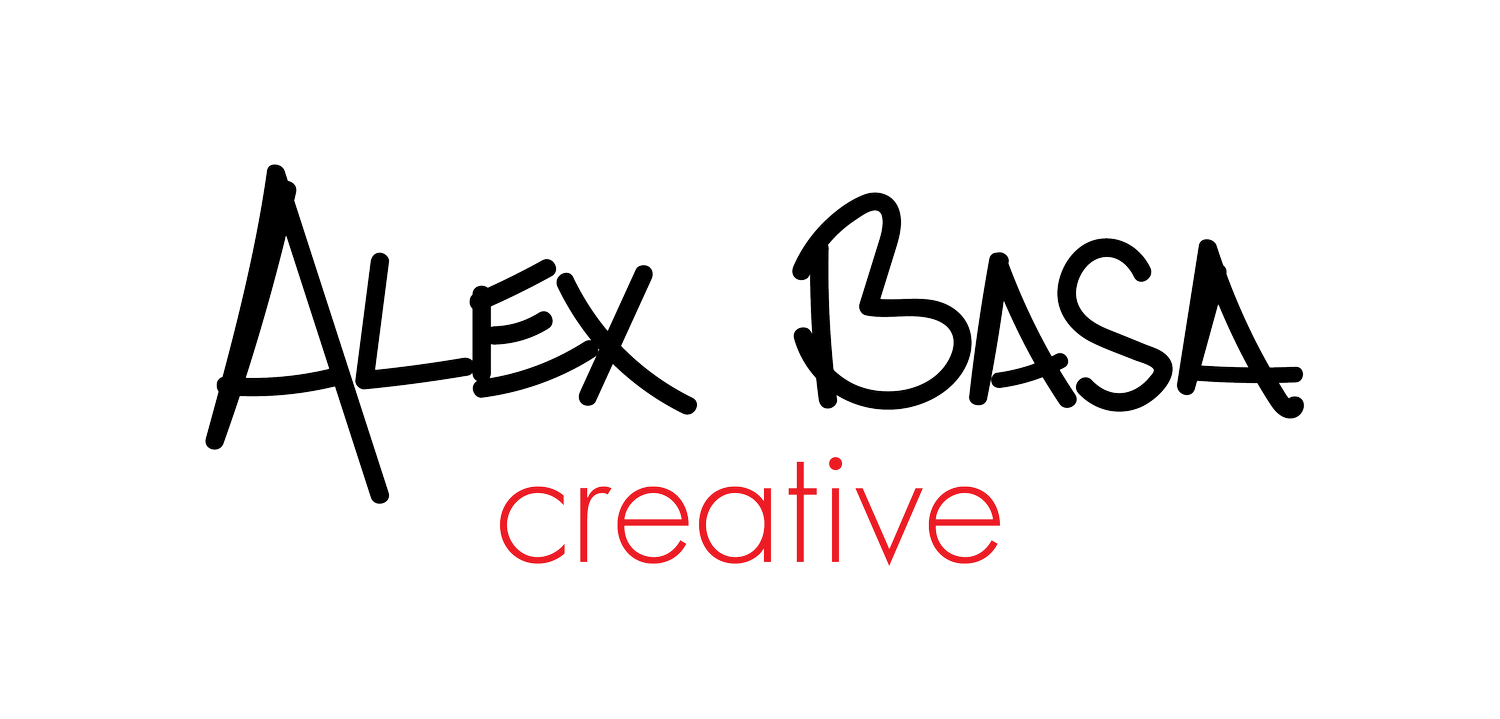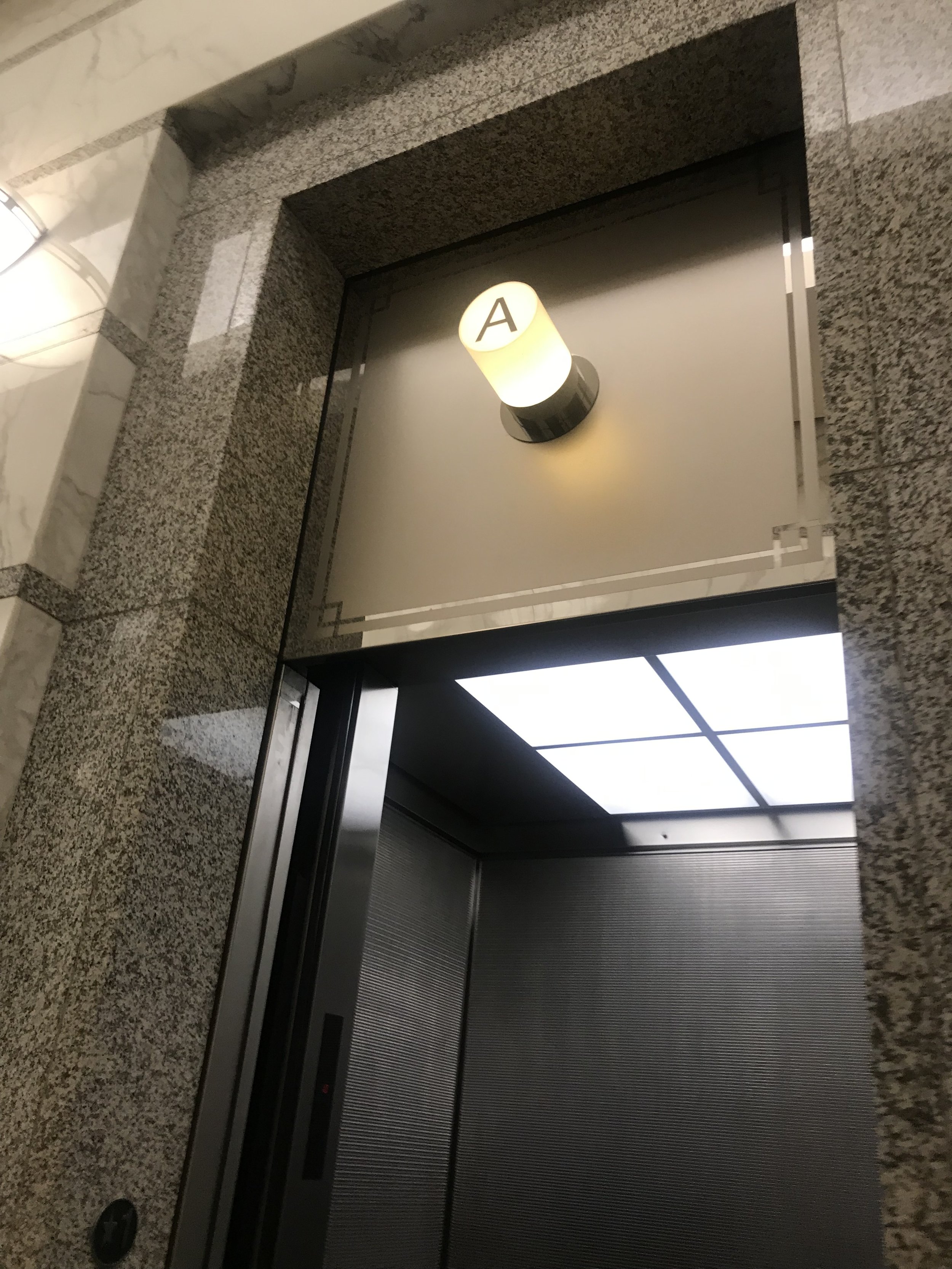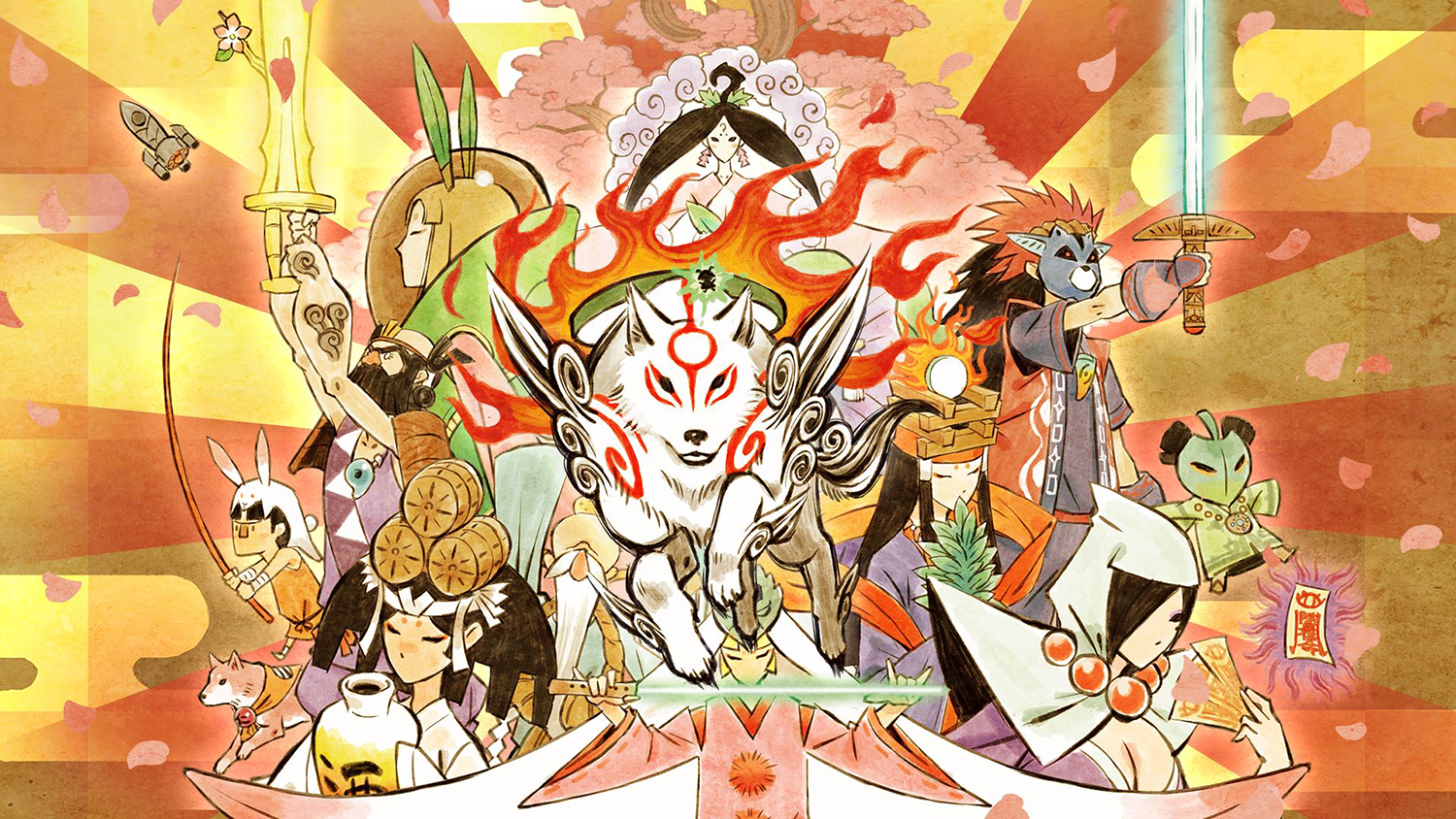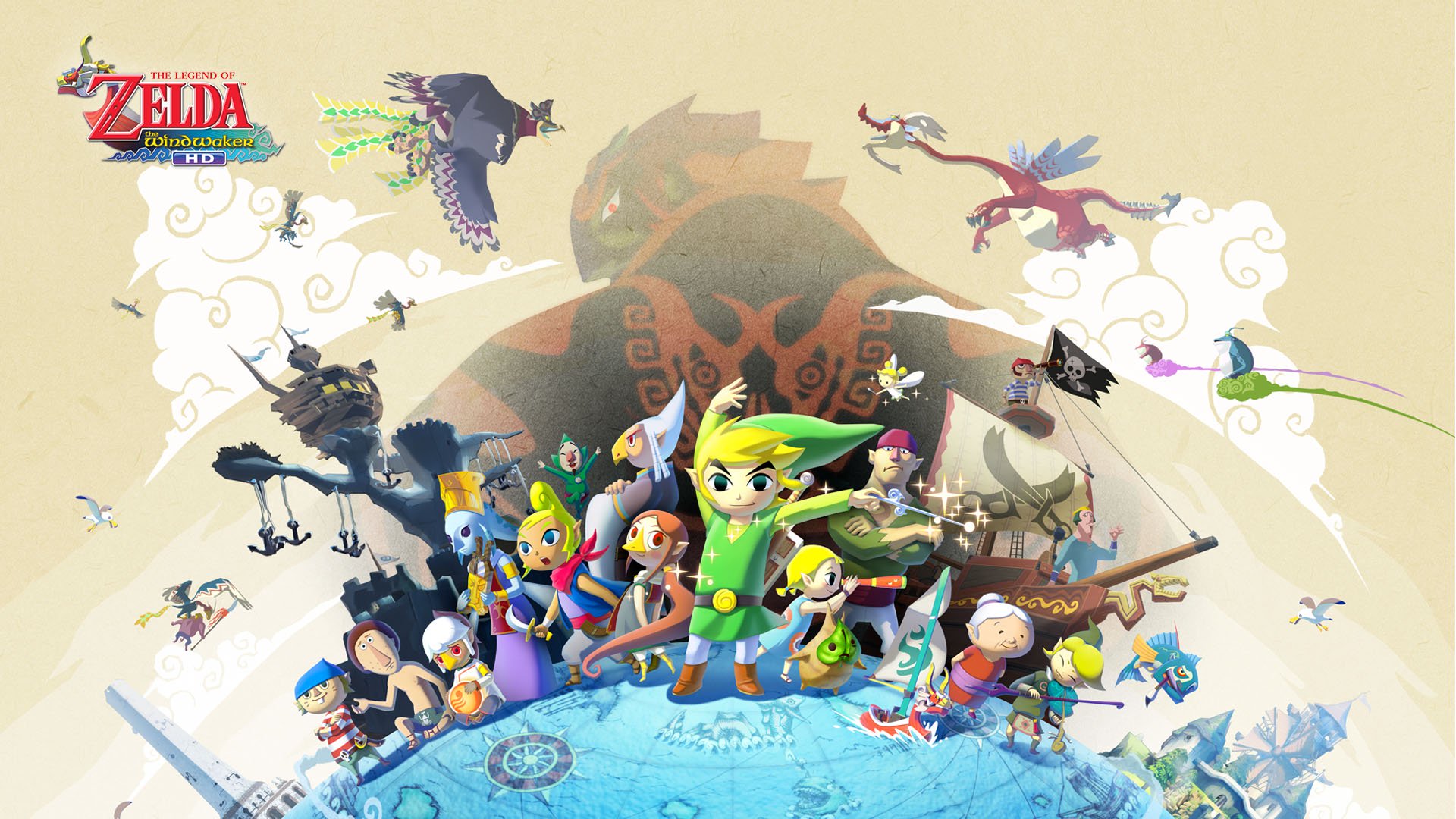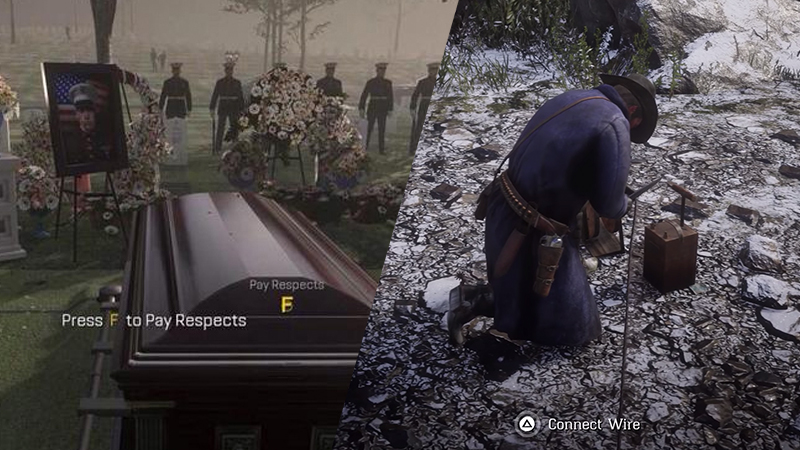In January, the girl I love broke up with me after 9 years of being together. We had a loving, comfortable, understanding relationship. But she found out something about herself that she needed to explore, so I had to do the hardest thing I’ve ever done in my entire life, to date: I lovingly and understandingly stepped out of the way as she broke up with me to pursue another romantic relationship. Holy fuck, does that hurt a lot to type right now, but I know that it was the right thing to do. This person who means the world to me is self-actualizing, and I want her to love and know herself the way I love and know her. It would be unfathomably selfish of me not to want that for her. In short: I am happy for her, but sad for me.
In fact, I’ve never been sadder than I have been in the last 3 1/2 months of my life. I’ve run the gamut of the 5 Stages of Grief, and I still find myself bouncing back and forth between them daily. The sadness feels insurmountable, sometimes. Lately, I’ve been leaning pretty heavily on friends and some family to help me through it, and boy are they a godsend. Particularly the ones who have told me that it’s okay to be sad.
“If you weren’t sad/anxious about this, you would be the weirdest person ever. You’re physically going through withdrawal and a dramatic lifestyle change. But imagine this process without those emotions for a moment as though they don’t exist. [Is there anything] unhealthy about how you’re dealing with it?
—A text from one of my closest friends
When I got to thinking about it, no. There hasn’t been an unhealthy thing that I’ve done throughout this whole arduous process. I might have done a little bit of social media stalking early on, but once I realized that it was doing nothing but hurt me, I quickly staged a self-intervention and logged out of all accounts that I could follow her on. Other than that, I’ve grieved with close friends, I’ve started this blog, I’ve written in a journal, I’ve written music, I’ve buried myself in hobbies… I’ve done basically everything to keep myself occupied, because the biggest obstacle for me is time. Time is the fucking worst. I know I definitely want to be her friend in time, but I know that the only way for that to be a reality is for me to get over this sadness. I can’t be her friend if every one of our interactions is emotionally volatile like they have been, lately. And that makes me even sadder.
Spoiler alert: no one likes being sad. But I’ve come to accept that sadness is okay. That doesn’t mean I like it, by any stretch of the word. But sadness means I’m still capable of happiness. In her TED Talk about vulnerability, Brené Brown says:
We live in a vulnerable world. And one of the ways we deal with it is we numb vulnerability...the problem is: you can not selectively numb emotion...you can't say 'here's the bad stuff...I don't want to feel these...'
You can't numb those hard feelings without numbing the other emotions...when we numb [negative emotions], we numb joy, we numb gratitude, we numb happiness...and then we are miserable...
You are imperfect and you are wired for struggle, but you are worthy of love and belonging....practice gratitude and joy in those moments of terror when we're wondering 'can I love you this much? Can I believe in this as passionately?' ...Stop catastrophizing what might happen and say 'I'm just so grateful.' Because to feel this vulnerable means I am alive.
—Brené Brown, “The power of vulnerability” TED Talk
SPOILER ALERT FOR INSIDE OUT
If you haven’t seen Inside Out yet, you should definitely give it a watch. The point the movie makes is that sadness is integral to our experience as human beings, and it is a healthy, expected response to trauma. Being sad sucks. But it’s normal. You shouldn’t beat yourself up for being sad over something. Allow yourself to be sad. It’s all a part of the process of healing. Most of all, don’t be afraid of sadness. Because if you try to avoid the possibility of being sad, you also avoid the possibility of being truly happy.
And we all deserve to be truly happy.
